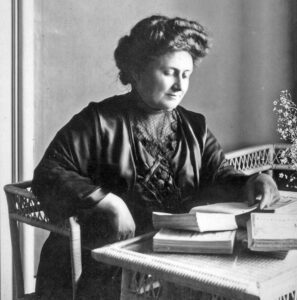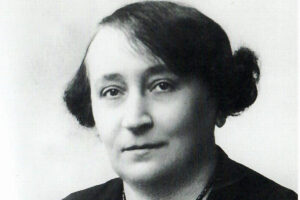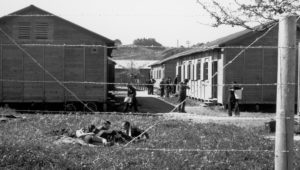
Between Montessori and fascism
Teresa Bontempi helped shape the history of Ticino at the beginning of the 20th century, first as a teacher, and later as an advocate of fascism. She was a woman with two faces.
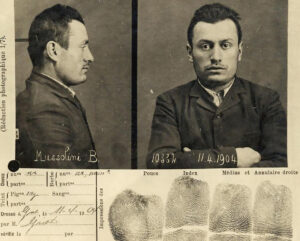
Aggressive rhetoric against the Swiss Confederation
